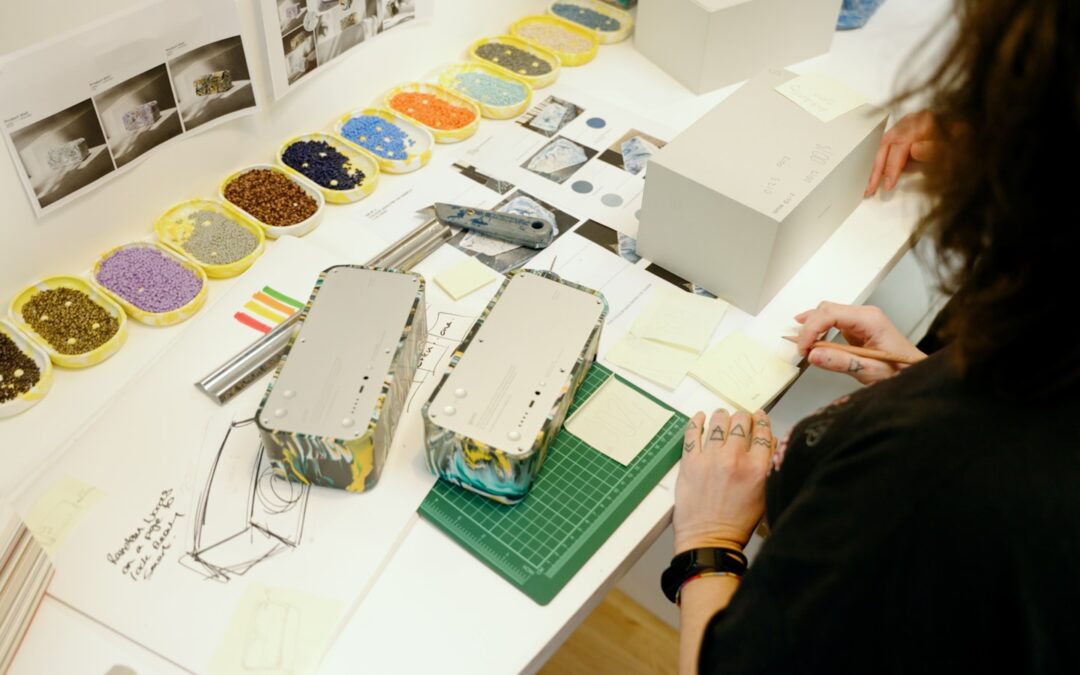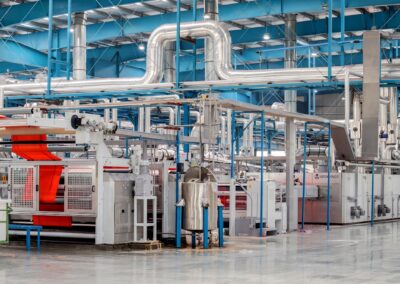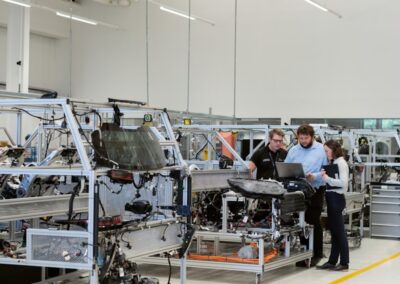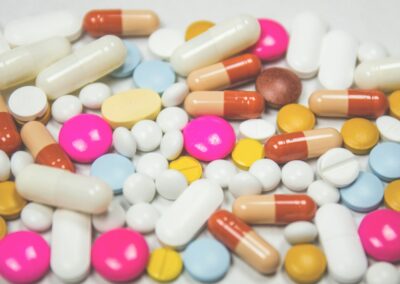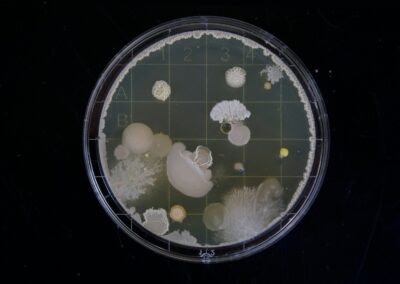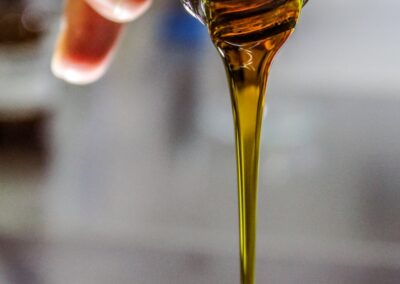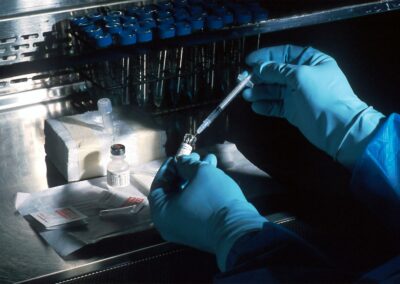Transformative Potential in Pharmaceutical and Chemical Production
Revolutionizing Pharmaceutical Production with Synthetic Biology
The role of synthetic biology in biomanufacturing is becoming increasingly pivotal in transforming the production of complex molecules such as pharmaceuticals and chemicals. By harnessing the power of engineered microorganisms, synthetic biology offers unprecedented capabilities for manufacturing at scale, providing a more efficient and sustainable alternative to traditional production methods. This innovative approach enables the creation of complex compounds through biological processes, leveraging microorganisms designed to produce specific molecules with high precision and efficiency.
One of the most compelling applications of synthetic biology in biomanufacturing is the production of pharmaceuticals. Engineered microorganisms can be programmed to produce valuable drugs and therapeutic compounds that are otherwise challenging to synthesize using conventional chemical processes. For instance, yeast and bacteria have been genetically modified to produce high-value antibiotics and vaccines, reducing the reliance on extensive chemical synthesis and enhancing the overall efficiency of drug production. This approach not only accelerates the development of new therapies but also lowers production costs, making essential medications more accessible.
In addition to pharmaceuticals, synthetic biology is making significant strides in the production of industrial chemicals. Traditional chemical manufacturing processes often involve hazardous substances and extensive resource consumption. By contrast, synthetic biology enables the production of chemicals through more sustainable and environmentally friendly methods. For example, microorganisms can be engineered to produce biofuels, biodegradable plastics, and specialty chemicals with reduced environmental impact. This shift towards biological manufacturing aligns with the growing emphasis on sustainability and resource efficiency in modern industry.
Advancing Chemical Synthesis Through Engineered Microorganisms
The use of synthetic biology for chemical synthesis is also transforming how industries approach complex molecule production. Engineered microorganisms offer a versatile platform for synthesizing a wide range of chemicals, including those with intricate structures and functional properties. By manipulating the genetic and metabolic pathways of these microorganisms, scientists can tailor their capabilities to produce specific chemicals with high yield and purity.
This approach is particularly beneficial for producing specialty chemicals that are essential in various industrial applications, from agriculture to electronics. For example, microorganisms have been engineered to produce high-performance materials such as pharmaceuticals intermediates and agrochemicals, which are critical for enhancing agricultural productivity and developing advanced materials. This innovation not only improves the efficiency of chemical synthesis but also reduces the environmental footprint associated with traditional chemical manufacturing.
The integration of synthetic biology with advanced technologies like artificial intelligence (AI) further enhances the capabilities of engineered microorganisms. AI can optimize the design and performance of these microorganisms by analyzing large datasets and predicting outcomes with high accuracy. This synergy between synthetic biology and AI represents a significant advancement in biomanufacturing, offering new opportunities for innovation and efficiency in chemical production.
Strategic Advantages for Businesses and Industries
The strategic advantages of adopting synthetic biology in biomanufacturing are substantial for businesses across various industries. By leveraging engineered microorganisms, companies can achieve significant cost savings and operational efficiencies. This technology enables the production of complex molecules with greater precision and lower environmental impact, providing a competitive edge in the global market. Businesses that embrace synthetic biology can position themselves as leaders in sustainability and innovation, attracting investment and driving growth.
In regions such as Saudi Arabia and the UAE, where there is a strong focus on technological advancement and economic diversification, synthetic biology offers valuable opportunities for developing new industries and enhancing existing ones. By investing in biomanufacturing technologies, these countries can strengthen their positions as global leaders in biotechnology and sustainable production. Collaboration with research institutions and industry partners can further accelerate the adoption of synthetic biology, driving innovation and creating new business opportunities.
Moreover, the application of synthetic biology in biomanufacturing aligns with global trends towards sustainable development and resource efficiency. As businesses and governments prioritize environmental stewardship, synthetic biology provides a pathway to achieve these goals by reducing reliance on traditional chemical processes and minimizing waste. This approach not only benefits the environment but also enhances the long-term sustainability and resilience of industrial operations.
#SyntheticBiology, #Biomanufacturing, #EngineeredMicroorganisms, #PharmaceuticalProduction, #ChemicalSynthesis, #Biotechnology, #SustainableManufacturing, #Innovation

